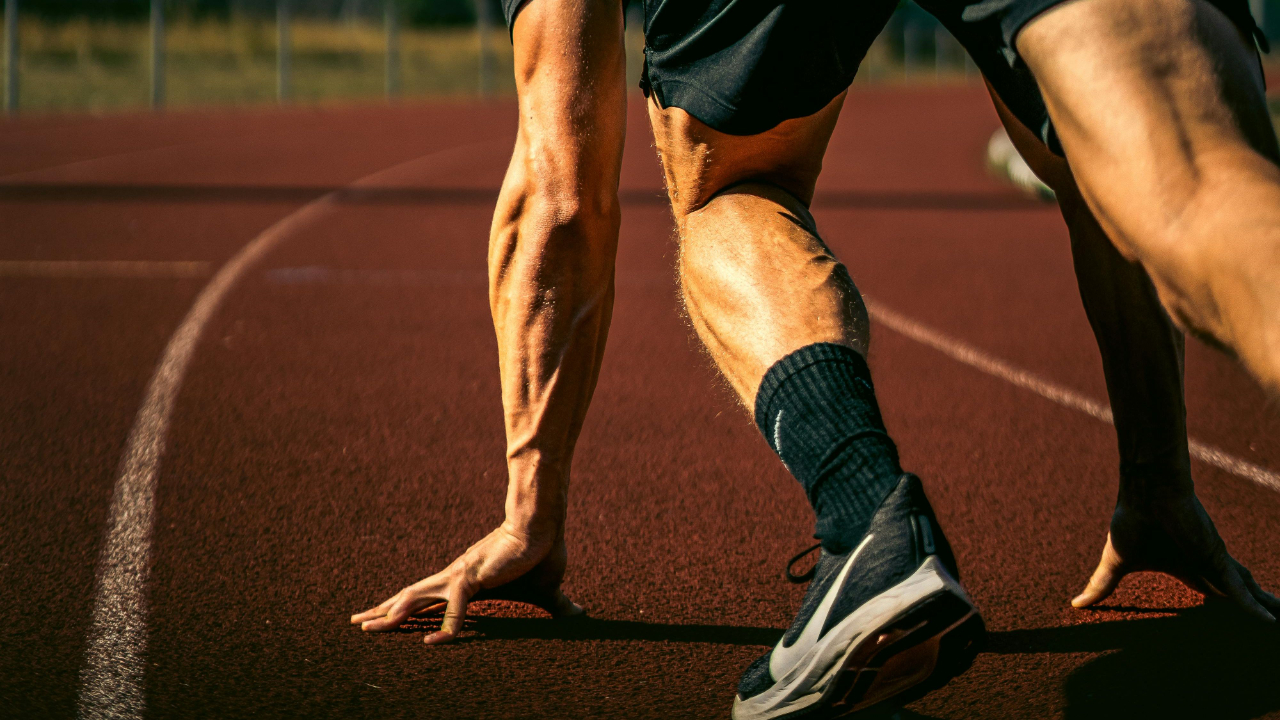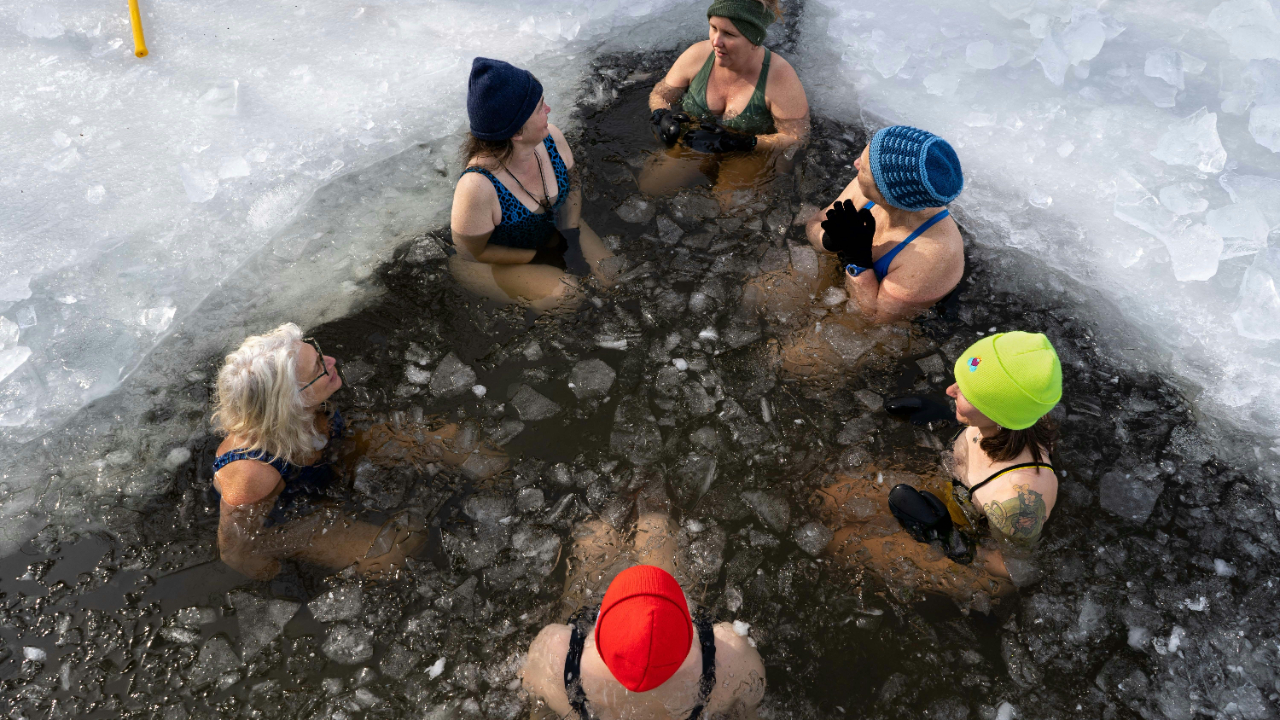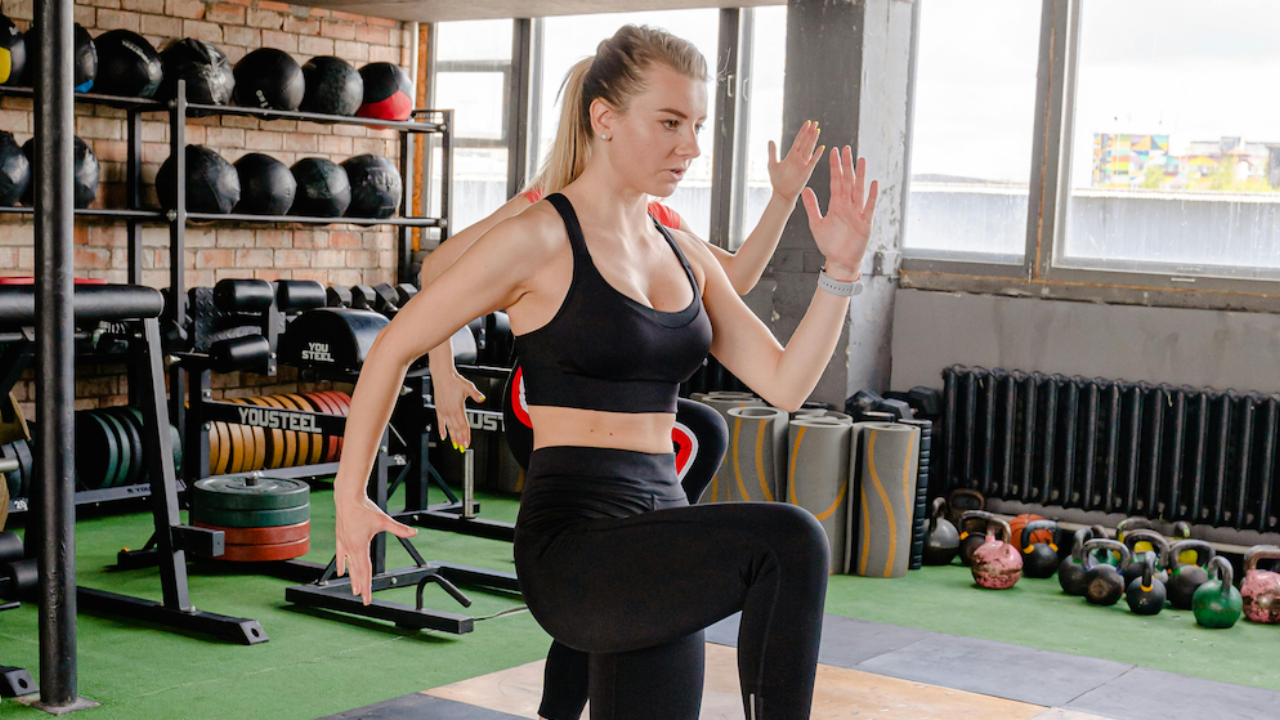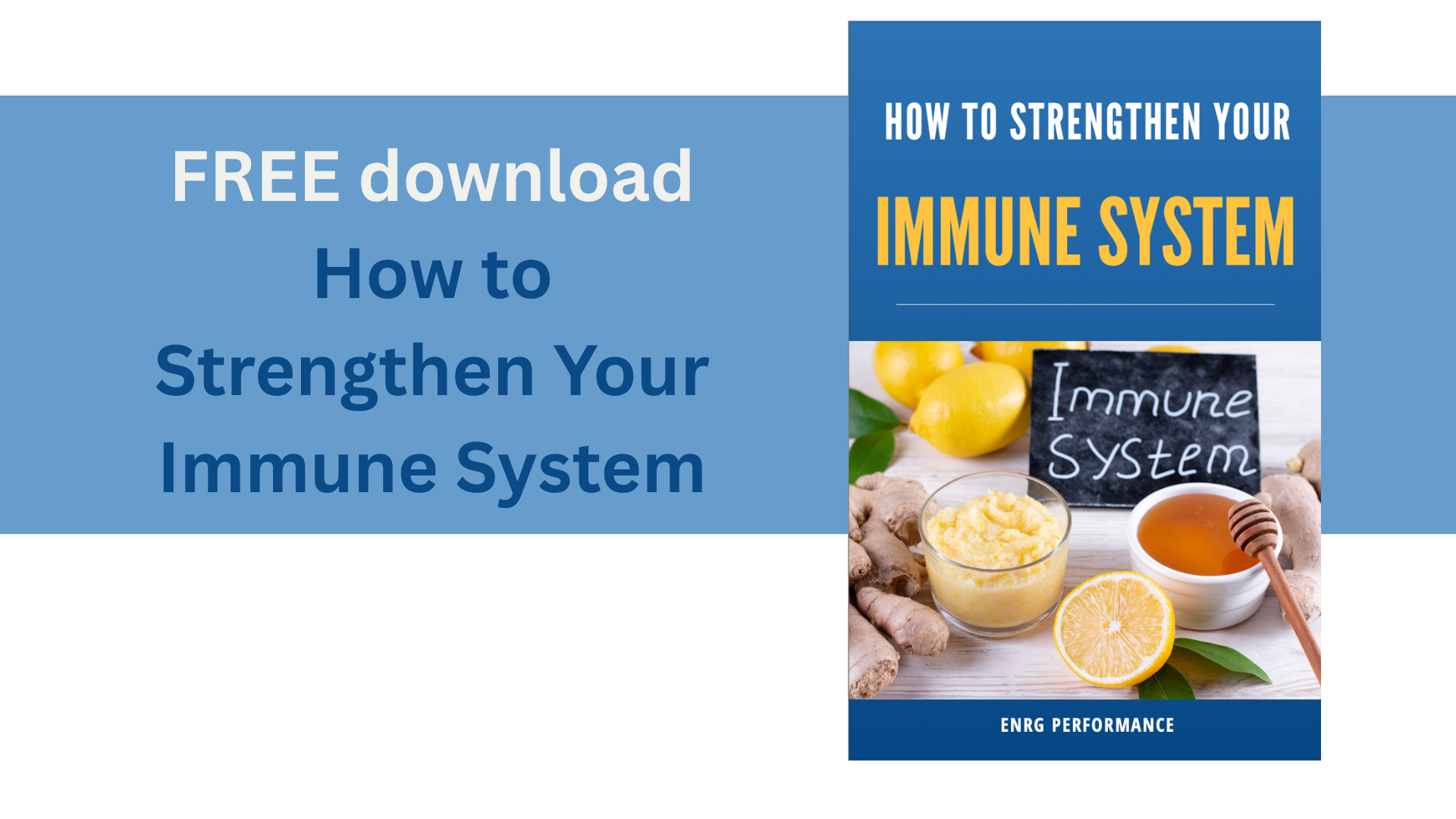Why Aging Athletes Need More Protein
Aug 22, 2023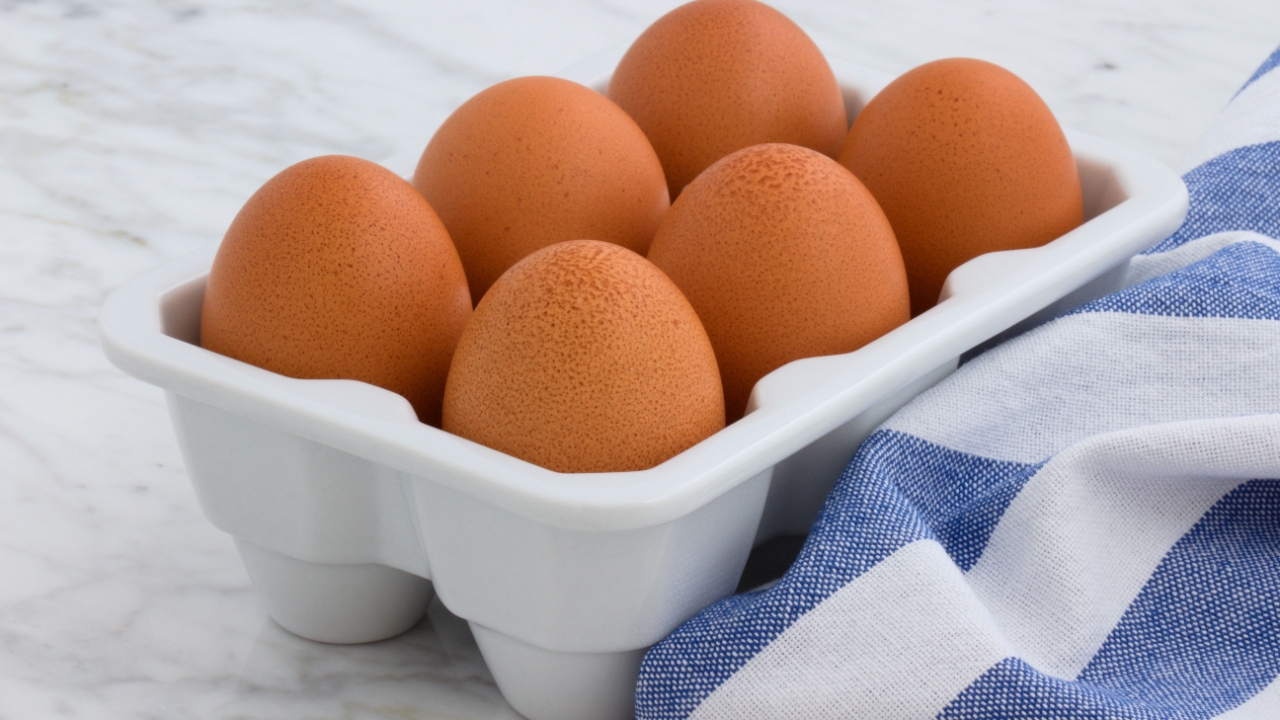
In case you have been living under a rock for the past year or so, let me remind you how important it is to eat more protein as you age. Yes, that’s right, there are some significant reasons why we need more protein as we enter our masters years of exercise and competition. The body undergoes natural changes that can impact muscle mass, strength and overall physical performance. To counteract these effects and maintain optimal fitness levels, we need to pay special attention to daily protein intake. Here are a few reasons why protein becomes an even more crucial element for the health and success of masters athletes:
Muscle preservation and growth - aging is often associated with a gradual loss of muscle mass, known as sarcopenia. To combat this, protein plays a pivotal role. Protein provides the building blocks, or amino acids, necessary for repairing and building muscles. Increasing protein intake can help mitigate muscle loss and support muscle growth, ensuring athletes continue to perform at their best.
Enhanced muscle recovery - intense training sessions can lead to muscle tissue damage. The role of protein in repairing and rebuilding damaged muscle fibers is essential for a faster recovery. Adequate protein intake supports the body's ability to repair after workouts, reducing the risk of injury and allowing for more consistent training.
Weight management - maintaining a healthy weight becomes more challenging as we age. Protein has a higher thermic effect compared to other nutrients, meaning the body expends more energy to digest and process it. This can aid in weight management by improving satiety (feeling full) and regulating blood sugar and improving Metabolic Efficiency.
Hormonal support - protein consumption is linked to the production of hormones that are crucial for muscle growth and recovery, such as insulin-like growth factor (IGF-1). These hormones play a role in preserving lean muscle mass and promoting overall well-being.
Bone Health - protein intake contributes to bone health by supporting bone density and reducing the risk of fractures. Strong bones are vital for athletes, as they provide a solid foundation for successful training sessions and prevent injuries.
Immune function - regular physical activity can temporarily suppress the immune system. Protein helps to maintain immune function, allowing athletes to recover from workouts more effectively and reduce the risk of illness.
Daily needs increase - the body can become less efficient at using dietary protein as we age. This means that we may need more protein to achieve the same effects as younger athletes. The current RDA for protein is far too low for masters athletes. I recommend consuming at least 1.8 - 2.0 grams of protein per kilogram of body weight per day.
Protein's role in muscle preservation, recovery, weight management, metabolic efficiency and overall health becomes even more critical as we age. Make a concerted effort to increase your daily protein intake to better support your health and performance goals, maintain muscle mass and enjoy a higher quality of life.
If you would to know additional, specific nutrition changes you should make as you age, I would highly recommend registering for my online course - “Nutrition for Longevity”.
Click HERE is more information about the program.
SUBSCRIBE AND WE WILL DROP SOME HEALTHY INSPIRATION IN YOUR INBOX
We hate SPAM. We will never sell your information, for any reason.



